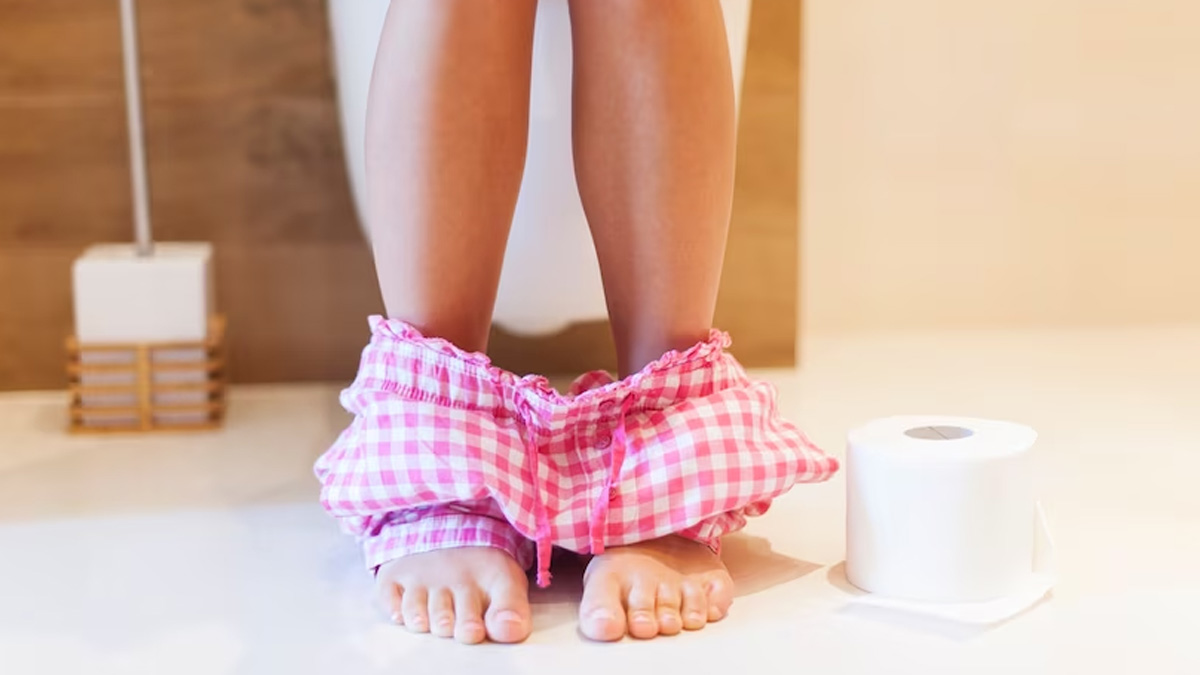
Pregnancy is a transformative journey, and along with the numerous changes happening inside your body, you might also encounter some vaginal hygiene problems. These are typically normal occurrences, but it's crucial to be aware of them and know how to manage them to ensure a healthy and comfortable pregnancy.
Table of Content:-
Common Vaginal Hygiene Problems During Pregnancy
1. Increased Discharge
One of the most common vaginal changes during pregnancy is an increase in vaginal discharge. This discharge, known as leukorrhea, is usually thin, white, milky, and odourless. It occurs due to hormonal changes and increased blood flow to the pelvic area. While this is normal, if you notice a sudden change in colour, consistency, or a foul odour, consult your healthcare provider, as it could be a sign of an infection.
2. Yeast Infections
Pregnant women are more susceptible to yeast infections (candidiasis) due to hormonal fluctuations. Symptoms include itching, burning, and an increase in white, cottage cheese-like discharge. It's important to seek medical advice if you suspect a yeast infection, as some over-the-counter treatments may not be safe during pregnancy.
Also read: Study Finds Participants In Adult Education Have Lower Risk Of Dementia

3. Bacterial Vaginosis (BV)
BV is another common vaginal issue during pregnancy, characterised by a fishy-smelling vaginal discharge. If left untreated, BV can lead to complications, so it's essential to consult your healthcare provider for proper diagnosis and treatment.
4. Urinary Tract Infections (UTIs)
Pregnant women are at a higher risk of UTIs due to hormonal changes and pressure on the bladder from the growing uterus. UTIs can lead to more severe complications if not treated promptly, so if you experience symptoms such as pain or a burning sensation while urinating, frequent urination, or lower abdominal pain, contact your healthcare provider.
5. Haemorrhoids
Haemorrhoids, swollen blood vessels in the rectal area, can also affect vaginal hygiene during pregnancy. The pressure from the growing uterus can cause constipation, leading to the development or worsening of haemorrhoids. Staying hydrated, eating a high-fibre diet, and gentle cleansing can help manage this discomfort.

Also read: Study Finds Participants In Adult Education Have Lower Risk Of Dementia
6. Personal Hygiene
Maintaining good personal hygiene is essential during pregnancy. Use a mild, fragrance-free soap to clean the external genital area. Avoid douching, as it can disrupt the natural balance of vaginal flora. Opt for breathable cotton underwear and avoid tight-fitting clothing to prevent irritation.
7. Sexual Activity
It's generally safe to engage in sexual activity during a healthy pregnancy unless advised otherwise by your healthcare provider. However, if you experience pain, bleeding, or notice any unusual changes in your vaginal health after intercourse, consult your healthcare provider promptly.
Understanding and addressing common vaginal hygiene problems during pregnancy is vital for your overall well-being and the health of your developing baby. Always consult your healthcare provider if you have concerns about changes in your vaginal health to ensure a safe and healthy pregnancy journey.
Also watch this video
How we keep this article up to date:
We work with experts and keep a close eye on the latest in health and wellness. Whenever there is a new research or helpful information, we update our articles with accurate and useful advice.
Current Version